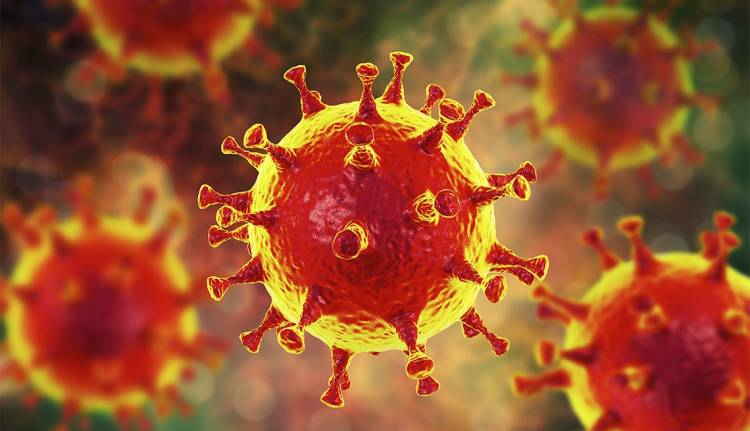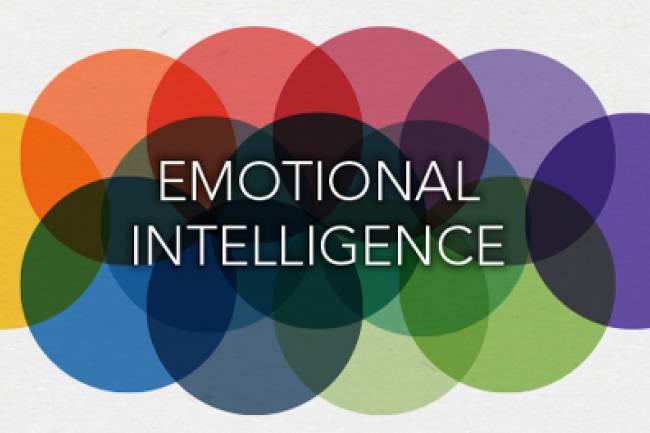
Coronaviruses -COVID-19
Coronaviruses are types of viruses that typically affect the respiratory tracts of birds and mammals, including humans. Doctors associate them with the common cold, bronchitis, pneumonia, and severe acute respiratory syndrome (SARS), and they can also affect the gut, these viruses are typically responsible for common colds more than serious diseases. However, coronaviruses are also behind some more severe outbreaks.
Over the last 70 years, scientists have found that coronaviruses can infect mice, rats, dogs, cats, horses, pigs, and cattle. Sometimes, these animals can transmit coronaviruses to humans. An outbreak of the coronavirus (now called COVID-19) in China has caused global concern. It came from a seafood and meat market in Wuhan, China, in December. It has since spread to other countries, including the United States. Despite Wuhan and other Chinese cities being quarantined, the COVID-19 has spread to almost 70 locations internationally. In the U.S, COVID-19 cases have been confirmed in New York, California, Oregon and Washington State. Deaths have been reported in both Washington State and California. The rapid spread of the coronavirus that causes COVID-19 has sparked alarm worldwide. The World Health Organization (WHO) has declared a global health emergency, and many countries are grappling with a rise in confirmed cases. In the US, the Centre’s for Disease Control and Prevention (CDC) is advising people to be prepared for disruptions to daily life that will be necessary if the coronavirus spreads within communities.
WHAT CAUSES A CORONAVIRUS INFECTION?
Humans first get a coronavirus from contact with animals. Then, it can spread from human to human. Health officials do not know what animal caused COVID-19. The COVID-19 virus can be spread through contact with certain bodily fluids, such as droplets in a cough. It might also be caused by touching something an infected person has touched and then touching your hand to your mouth, nose, or eyes.
If you believe you have COVID-19, you should contact your family doctor immediately. Before going to the doctor’s office, call with your concerns. This will allow the office to collect information and offer you guidance on next steps. To diagnose you, your doctor may run tests to rule out other common infections. In some cases, your doctor may suggest you self-isolate to prevent the spread of infection.
CAN A CORONAVIRUS BE PREVENTED OR AVOIDED?
Try to avoid people who are sick or meeting in large groups. Stay home if you are sick. Cover your cough with a tissue or cough into your upper sleeve or elbow. Do not cough into your hands. Wash your hands often with soap and water for at least 20 seconds, especially after going to the bathroom, before eating, and after blowing your nose, coughing, or sneezing. If soap and water are not readily available, use an alcohol-based hand sanitizer with at least 60% alcohol. Always wash hands with soap and water if hands are visibly dirty. Avoid touching your mouth, nose, or eyes.
THE NEW CORONAVIRUS CANNOT BE TRANSMITTED THROUGH MOSQUITO BITES.
To date there has been no information nor evidence to suggest that the new coronavirus could be transmitted by mosquitoes. The new coronavirus is a respiratory virus which spreads primarily through droplets generated when an infected person coughs or sneezes, or through droplets of saliva or discharge from the nose. To protect yourself, clean your hands frequently with an alcohol-based hand rub or wash them with soap and water. Also, avoid close contact with anyone who is coughing and sneezing. The Centre’s for Disease Control has issued travel advisories for several affected countries. If you are traveling to an area where the COVID-19 is present, speak with your doctor.


























